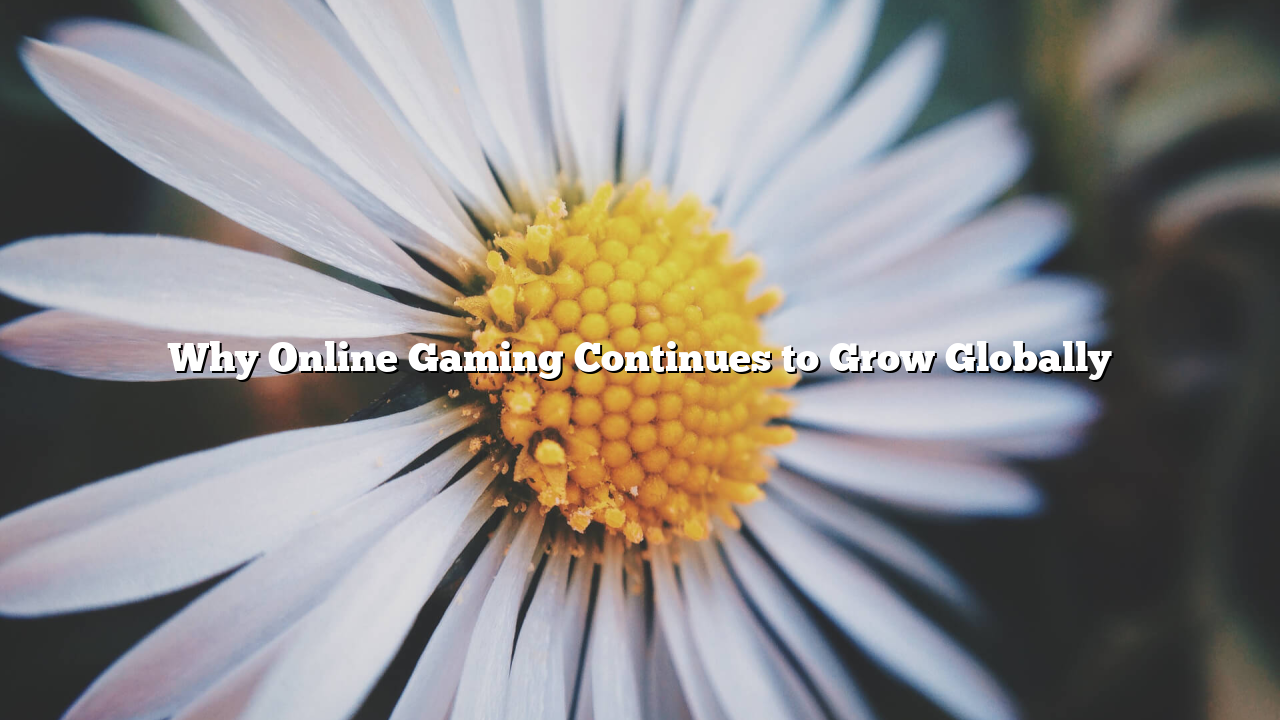Food is a fundamental part of human life. It is essential for survival, providing the necessary nutrients for our bodies, but it also goes far beyond mere sustenance. Food connects cultures, tells stories, and plays a crucial role in traditions, celebrations, and even scientific advancements. The diverse ways in which food is prepared, consumed, and enjoyed make it a fascinating subject to explore. This article takes a journey through the world of food, from its origins and ingredients to its role in modern-day society.
The Origins of Food: From Nature to Table
The story of food begins long before it reaches our tables. For thousands of years, human beings have relied on the resources provided by nature, learning how to grow, hunt, and forage for sustenance. Early humans were hunter-gatherers, foraging for fruits, vegetables, and hunting animals for meat. Over time, the discovery of agriculture revolutionized food production. The cultivation of crops such as wheat, barley, and rice allowed societies to settle and form civilizations.
Food ingredients are typically classified into several categories, including carbohydrates, proteins, fats, vitamins, and minerals. Carbohydrates, found in grains, fruits, and vegetables, are the primary energy source for the body. Proteins, found in meat, beans, and legumes, are crucial for building and repairing tissues. Fats, which can be found in oils, nuts, and meats, provide long-term energy and support cell function. Finally, vitamins and minerals, derived from fruits, vegetables, and dairy products, help maintain various bodily functions, from bone health to immune support.
The Rise of Culinary Arts
As societies progressed, food evolved from a basic need to a form of artistic expression. Ancient civilizations like the Egyptians, Greeks, and Romans developed elaborate culinary traditions. Cooking became not just about filling the stomach but about creating unique flavors and presentations. Over time, the culinary arts grew in sophistication, influenced by trade, travel, and the discovery of new ingredients.
In the Middle Ages, spices such as cinnamon, cloves, and pepper were highly prized. These spices not only enhanced the flavor of food but also served as symbols of wealth and status. The Age of Exploration in the 15th and 16th centuries expanded the world’s culinary horizons, with new foods like tomatoes, potatoes, and chocolate introduced to Europe from the Americas.
By the 19th century, culinary traditions had become deeply ingrained in society. In France, the creation of haute cuisine, or “high cooking,” laid the foundation for modern fine dining. Famous chefs like Escoffier revolutionized the kitchen with the concept of the brigade system, organizing chefs into specific roles to improve efficiency and consistency in food preparation.
Food as a Cultural Identifier
Food plays a significant role in shaping cultural identities. Each culture has its own unique set of ingredients, cooking methods, and dining traditions that reflect its history, geography, and values. For example, Italian cuisine is defined by its use of olive oil, tomatoes, and fresh herbs, while Japanese cuisine is known for its rice, seafood, and delicate balance of flavors.
Food also plays a key role in cultural celebrations. In many countries, specific dishes are associated with holidays and festivals. In the United States, Thanksgiving is marked by a traditional meal of turkey, stuffing, and cranberry sauce, while in Mexico, the Day of the Dead is celebrated with special dishes like tamales and pan de muerto (bread of the dead). These foods not only provide sustenance but also help people connect with their heritage and shared history.
The Globalization of Food
In the 21st century, globalization has had a profound impact on food culture. Thanks to advancements in transportation and communication, food from around the world is more accessible than ever. Ingredients that were once limited to certain regions can now be found in supermarkets worldwide. Bayar4D Login , for example, is now a global food phenomenon, while Mexican tacos are enjoyed in cities around the world.
Globalization has also given rise to fusion cuisine, a culinary trend that combines elements from different food cultures. Dishes like sushi burritos and Korean tacos blend flavors and ingredients from distinct traditions, reflecting the increasingly interconnected world we live in.
However, globalization has also raised concerns about the preservation of traditional food cultures. As global chains like McDonald’s expand into new markets, they often replace local eateries and dishes, leading to the homogenization of food cultures. In response, many countries are embracing movements to protect their culinary heritage, such as the Slow
Food movement, which promotes locally sourced, traditional ingredients and sustainable farming practices.
The Role of Technology in Modern Food Production
Technology has revolutionized the way food is produced, prepared, and consumed. Advances in agriculture have led to the development of genetically modified crops, which can be more resistant to disease and pests, offering higher yields and greater food security. In the food industry, automation and robotics are streamlining food production, improving efficiency, and reducing costs.
At the same time, food technology has led to innovations in food preservation and packaging, helping to extend shelf life and reduce waste. Modern refrigeration techniques,
for example, have made it possible to store perishable items like meat, dairy, and vegetables for longer periods of time, reducing the likelihood of foodborne illnesses.
The rise of plant-based foods and lab-grown meats is another example of how technology is shaping the future of food. As concerns about the environmental impact of animal agriculture grow, companies are developing alternatives to meat that use plant proteins and other sustainable ingredients. Lab-grown meat, which is produced by cultivating animal cells in a
lab, promises to provide a more ethical and environmentally friendly solution to meat consumption.
Conclusion: The Endless Possibilities of Food
Food is not just a necessity; it is a source of creativity, culture, and innovation. From ancient traditions to modern technologies, food continues to evolve, shaping and being shaped by the world around us. As we look to the future, it is clear that food will continue to play an essential role in our lives, whether through the ingredients we use, the cuisines we explore, or the technologies that change how we produce and consume it. Food is, and will always be, a powerful force that connects us all.
The Fascinating World of Food: From Ingredients to Culinary Art











Leave a Reply